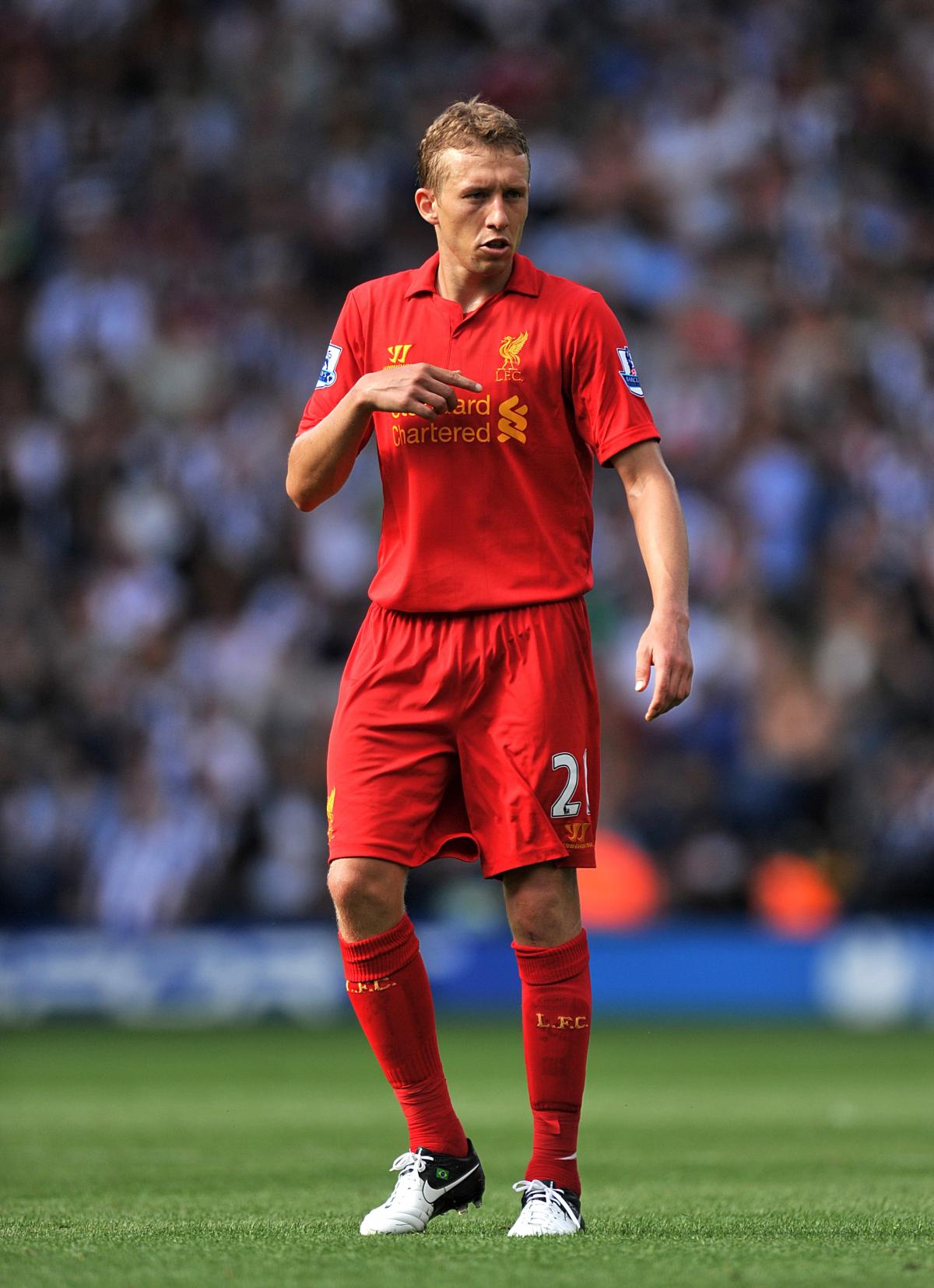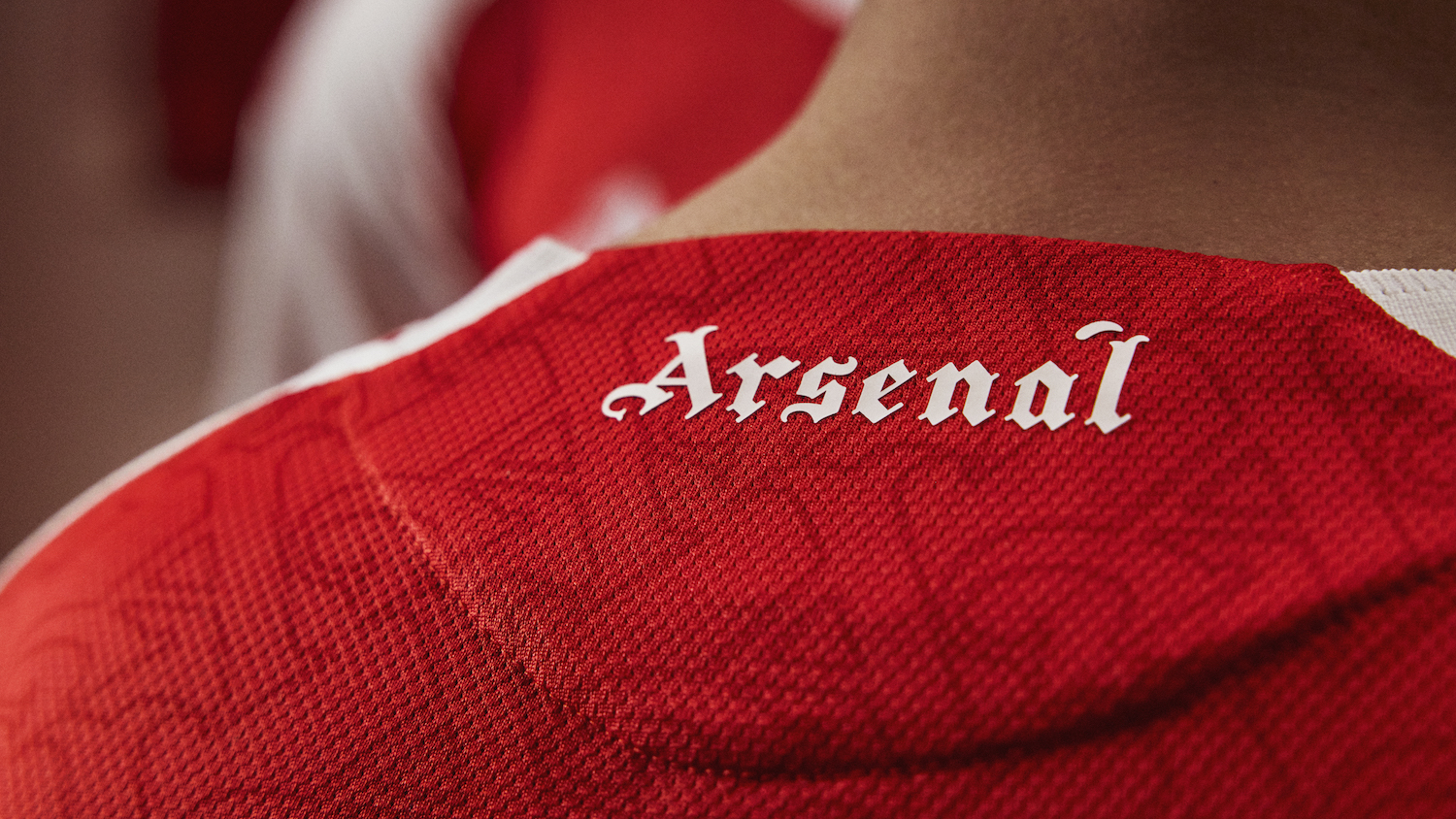Lucas Leiva: Q&A
"In the beginning Jamie Carragher's accent was very difficult. Now I find myself using scouse expressions, like 'la' and 'ta'..."

You certainly couldn't claim he was an instant hit at Anfield, but there's now no doubting Lucas Leiva's importance to Liverpool. Injuries may have blighted the last 12 months of the Brazilian's career, but the popular midfielder has remained upbeat. As he nears his return to the first-team fold, Lucas Leiva talks to FFT about life on Merseyside, his friendship with Luis Suarez and raising cows...
How is your recovery from your latest injury progressing?
It’s been good – it has gone according to plan. I’m already training with my teammates and in a few weeks I’ll be available to play, depending on the coach’s opinion, of course. But the important thing is that I’m feeling well in these first days of training. Now it’s a matter of progressing slowly and recovering rhythm and confidence, there’s no reason to rush.
Has having two injuries within such a short period made this the toughest spell of your career?
Yes, definitely. I had never suffered serious injuries in five years at Liverpool, and made almost 200 appearances. I was also in a good moment with the national side and now it’s been almost a year since I was last called-up. It’s been a tough year, but I’ve also learnt a lot. These injuries make you reflect upon things and learn some lessons.
What kind of lessons have you learnt?
It’s more life lessons. Sometimes injuries make us feel sad, but then you look around and there are so many people in much worse, irreversible situations. So you start giving value to things that you wouldn’t before. And this injury makes me give even more value to football, and to this period of my life that I know will last for at least 15 years, and try to enjoy every moment as if it was the last.
Will there be extra pressure on you when you return to the team because so many people are saying you'll make the difference?
I think expectations are high, especially now that results haven’t been great. It’s normal, but I’m not the kind of player who will come back and score goals, not even the fans have this expectation. They might expect things that they probably don’t see at the moment in the squad, the things I was doing before the injury.
But I need to be focused. My aim now is to have a good sequence of training, playing, getting my body used again to competition. Then, the next step is to improve my performance. If I put performance ahead of everything, it could be frustrating. Everyone knows that in my first matches back I won’t play the same way as before the injury, when I was probably in the best shape in my career. I’ll get back to that level, but it’s a long process. So, I don’t feel more pressure, and people have been very kind and understanding during this time.
What do you do with your time when you're injured?
To be honest, when you’re injured you spend more time at the club than when you’re fit. When we are playing we actually train less often, because there are so many matches and so much travelling. So now I end up spending more time at the club than at home, which makes it less boring. It’s just the agony of not being able to help, spending more time in the gym or swimming pool than on the pitch. That is what wears you out, mentally speaking - it’s not until you start running that you feel like a player again.
How different is life at Liverpool under Brendan Rodgers?
Everyone has high expectations about his philosophy and it’s clear that many things have changed, but this takes time. Brendan has a very clear philosophy and, regardless of the early results he hasn’t changed it, so it gives us more confidence for the future.
The best features, fun and footballing quizzes, straight to your inbox every week.
You're close with Luis Suarez, how did he react to all the attention in the wake of the Evra controversy?
Actually, we tried to avoid the topic because it was a difficult, unpleasant situation in which he certainly didn’t enjoy being. What I did was stay available for him if he wanted to talk, to unburden himself, to tell me what really happened. I am very close to him and I know he is a nice person, with a good manners. Now it is in the past and we have to move forward. This is complicated and we need to give him tranquillity.
Liverpool are short of strikers, unlike Brazil. If Brendan Rodgers asked your advice, who would you recommend he signed from the Seleção?
Well, the consensus in Brazil would be Neymar. He is a different player now: a promise turned into reality. But I know signing him would be very hard, almost impossible. So among the other players who are currently in Brazil, I would chose Leandro Damião [of Internacional]. He would suit the Premier League very well, as he is a strong centre forward who finishes very well and knows how to play with his back to goal.
Are you already looking forward to the World Cup in Brazil? Do you think you can get into the final 23-man squad?
Definitely. What makes me feel better is that, before the injury, I was playing in the starting line-up almost every match. I feel part of the team and I know that soon I’ll have a new chance. There are still seven months left until the Confederations Cup, and then my ambition is going back to the Seleção and playing in the World Cup.
How difficult was it to adapt to English football?
It was very hard. Everyone knows that my beginning here wasn’t easy. I didn’t feel ready for the Premier League, even physically. But I was persistent and now I feel I have more than adapted, like a player made for the Premier League. I try to play with lots of intensity and strength, but without forgetting the technique I learnt in Brazil.
You played as more of an attacking midfielder in Brazil, was it a conscious decision to play deeper at Liverpool?
Yes, this choice to play more defensively was a way for me to feel more comfortable. I found myself in this position and now I don’t see any reason to go back, as it suits my characteristics and also those of the Premier League. Of course, sometimes it’s cooler to play closer to the attack, but in a defensive role I believe I can offer more to the team.
Why do some Brazilians not adapt to English football?
I think sometimes it’s something to do with the player’s profile. A few years ago we would only see defensive Brazilian players adapting here. Juninho [at Middlesbrough] was the exception, but I think it was actually Gilberto Silva [at Arsenal] who really confirmed that Brazilians could succeed in England.
Then there was Robinho, who didn’t stay for some reason, perhaps he didn’t feel comfortable. At times I too thought of looking for another league, but something told me I should keep trying and that it would work out someday. I was rewarded for this persistence, and it also helped that I was open to some things that maybe others weren’t; such as changing my position.
Now we have lots of Brazilians, like Rafael, Fabio, Anderson, Sandro, Gomes, Julio Cesar, Ramires, David Luiz, Oscar. I think the mentality of Brazilians is also improving, in terms of adapting.
And do you like living in England?
I’m sure everyone, even the English, would complain about the same thing: the weather. Nobody here would say the weather is good; it’s unanimous that it’s not the best in the world. But I think this shouldn’t be a reason for you not to stay in a place.
Obviously, when it’s sunny everything seems better, you feel more energetic, but that’s ok for these 15 to 20 years of my life dedicated to football. Here you have the Premier League, the stadiums are full, the fans are passionate but respectful, it’s safe to go to a restaurant with your family - this is priceless, and makes the weather seem something small.
When I go to the club I feel like I’m going to a company; that I’m going to work. I think this is how people see football in England, and that’s why there’s so much respect away from the pitch.
Did you already speak English when you arrived?
I had some knowledge of the language but I wasn’t able to speak it, only understand parts of conversations. I had private lessons, because I think it’s essential to speak the language. I’ve noticed that the English appreciate when you at least try, even if you commit mistakes.
How hard do you find it to understand Jamie Carragher's accent?
I must confess that in the beginning it was very difficult. The accent here is very strong. It’s not a problem anymore, but when they speak among themselves I miss a few things, like slang. But now I’m used to it and sometimes I find myself using some expressions in scouse, like 'la' and 'ta'.
Operating in deep midfield and cleaning up opposition attacks, you’re a very tidy player. Do you keep a tidy house?
I’m very tidy, I like things organised in my life. Of course, there are moments when you allow yourself to leave something out of place, but I’m not very different at home to what I am like on the pitch.
You have a cattle ranch in Brazil. How did you get into looking after cows?
My grandfather’s life has always been in the countryside, and I was raised in this environment. Five years ago I decided to invest in a ranch, and as my brother is a vet, he takes care of it. I don’t have plans of moving there in future, but as I have these people in whom I trust, like my brother, I’m confident enough to keep it as a business.
Interview: Jonas Oliveira (November 2012)
 Join The Club
Join The Club





